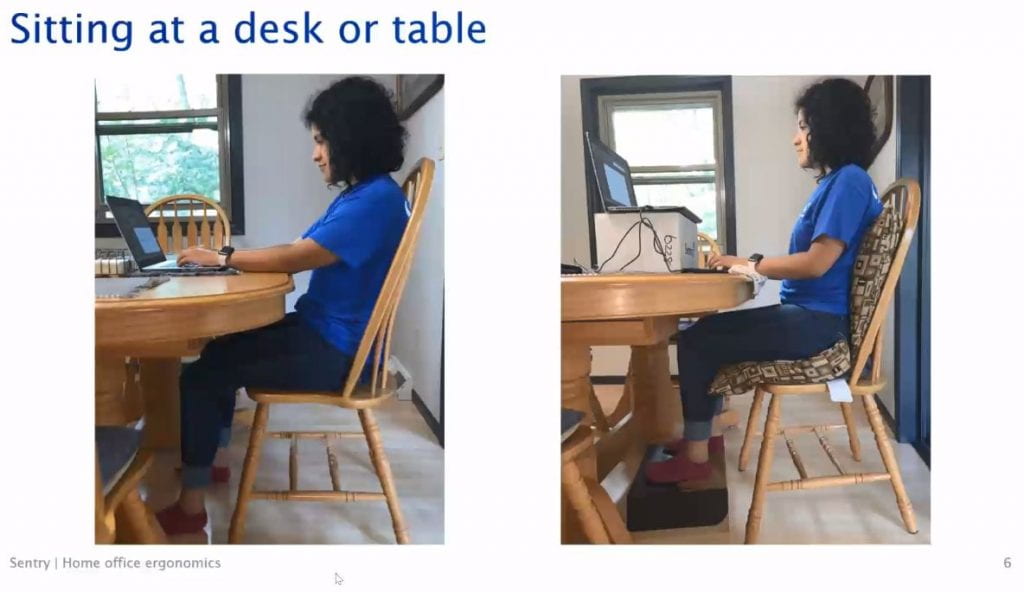The University of Wisconsin System has embarked on a complete redesign of its current classification and compensation structure. The goal of the Title & Total Compensation Project (T&TC) is to modernize the existing title and compensation programs which will, in turn, attract and retain the best talent for the organization.
After a lengthy delay due to COVID-19, it has been announced that the new title structure will be implemented in November of 2021. The full title and standard job description library is currently posted on the UW System Title & Total Compensation Project website.
To prepare for this implementation, the Office of Human Resources and Workforce Diversity recently held open forums for employees to learn more about the Project. For recordings of these open forums, please click on the links below:
-
- Longer Forum (topics include full background and history of the project, timeline, job framework, job descriptions, job mapping, compensation, and information about employee-manager conversations)
- Shorter Forum (brief update about timeline, job mapping, compensation, and upcoming activities)
More details about the Title & Total Compensation Project will be communicated to employees in the HR Connect weekly email newsletter and blog throughout the summer and early fall. In addition, information can be found on the UW System Title & Total Compensation Project website.
On behalf of the campus project team and leadership, we would like to thank you for your continued engagement as we take the next steps in this initiative. Please contact Human Resources at hr@uwgb.edu or ext. 2390 if you have questions.



